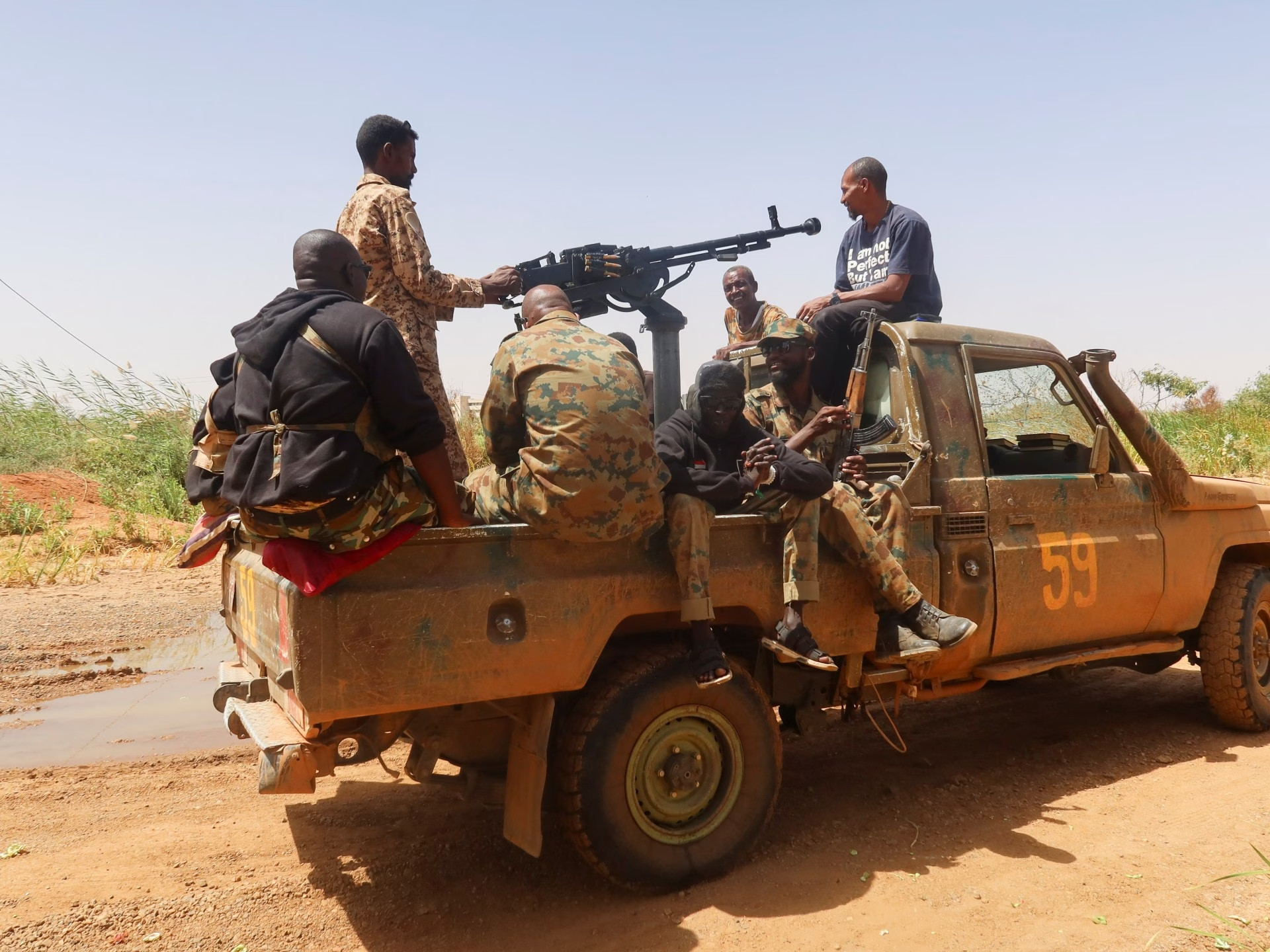Sudan’s army has made significant progress in reclaiming territories from the paramilitary Rapid Support Forces (RSF) by successfully retaking the presidential palace in Khartoum. This victory holds significant symbolic value and marks a pivotal moment in the ongoing conflict between the two forces.
Civilians, despite reports of human rights abuses by army-aligned militias, have generally welcomed the army as a source of safety in areas liberated from RSF control. The RSF, however, continues to exert control over certain pockets in southern Khartoum and has been known to commit atrocities, including detentions and violence against civilians, as documented by the Office of the United Nations High Commissioner for Human Rights.
The capture of the presidential palace by the army has sparked concerns over the potential division of Sudan, with analysts suggesting a scenario similar to Libya’s split governance. The RSF controls much of Darfur, a region comparable in size to France, and has made advances, though it struggles to fully subdue resistance in the region.
Peace negotiations have been challenging, with the army steadfastly refusing to engage in talks with the RSF and aiming to reclaim the entire country. The RSF has similarly used diplomatic engagements to consolidate its military operations, specifically targeting civilians in regions under its control.
Fighting is expected to intensify, particularly in areas like Kordofan and Darfur, and the influx of sophisticated weaponry has already led to increased violence, including an attack on journalists in Khartoum shortly after the liberation of the presidential palace. The ongoing conflict has resulted in a humanitarian crisis of vast proportions, with thousands dead, missing, and millions facing severe food insecurity.
Source: https://www.aljazeera.com/news/2025/3/21/sudans-army-retakes-presidential-palace-in-khartoum-strikes-blow-to-rsf?traffic_source=rss







